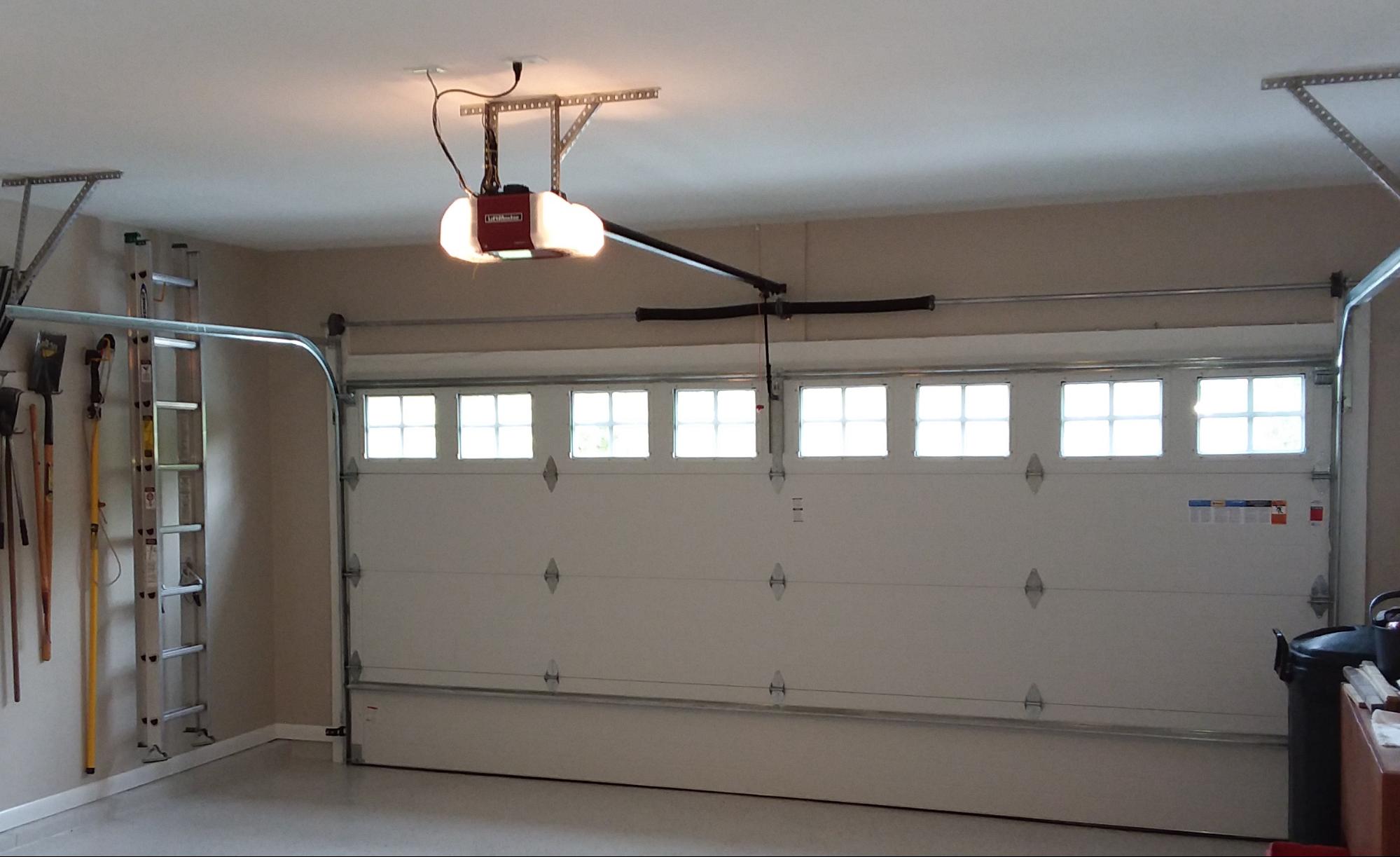

Articles
How Many Horsepower Garage Door Opener
Modified: February 23, 2024
Discover the ultimate guide to garage door openers and find out how many horsepower you need for your garage. Read informative articles to make the right choice.
(Many of the links in this article redirect to a specific reviewed product. Your purchase of these products through affiliate links helps to generate commission for Storables.com, at no extra cost. Learn more)
Introduction
Welcome to the world of garage door openers. If you’re in the market for a new garage door opener, you may have come across the term “horsepower.” It’s an important factor to consider when choosing the right garage door opener for your needs. But what exactly does horsepower mean in the context of garage door openers? And how does it affect the performance and functionality of your garage door?
In this article, we’ll delve into the concept of horsepower in garage door openers and discuss its significance in helping you make an informed decision. We’ll explore the various factors to consider when selecting the appropriate horsepower for your garage door, the different types of garage door openers based on horsepower, and the benefits and drawbacks of different horsepower options.
Whether you’re a DIY enthusiast looking to install a new garage door opener or a homeowner in need of a replacement, understanding how horsepower plays a role in the functionality of your garage door opener is essential.
By the end of this article, you’ll have a clear understanding of the importance of horsepower in garage door openers and the factors to consider when choosing the right one for your specific needs. So, let’s explore the world of horsepower in garage door openers and empower you to make an informed decision for your garage door.
Key Takeaways:
- The right horsepower for your garage door opener is crucial for smooth and efficient operation. Consider factors like door weight, material, and frequency of use to make an informed decision and avoid strain on the motor.
- Advancements in technology have made lower horsepower garage door openers more efficient, offering excellent performance and durability. Consider your specific needs, budget, and desired speed and noise level to choose the best fit for your garage door.
Read more: How Many Amps Is A Garage Door Opener
Understanding Horsepower in Garage Door Openers
Horsepower is a unit of power that measures the rate at which work is done. In the context of garage door openers, horsepower refers to the amount of power the motor of the opener can generate to lift and lower the garage door smoothly and efficiently.
When it comes to garage door openers, the most common levels of horsepower available are 1/2 horsepower (HP), 3/4 HP, and 1 HP. The higher the horsepower, the more power the motor has to lift heavier garage doors.
It’s important to note that the actual lifting power required for your garage door depends on various factors such as the weight of the door, the size, and the type of materials used. Different garage doors have different requirements, so it’s crucial to choose the right horsepower rating to ensure optimal performance and longevity of your garage door opener.
The horsepower rating also affects the speed at which the garage door opener operates. Higher horsepower typically means faster opening and closing speeds, which can be advantageous if you’re looking for quicker access to your garage.
Furthermore, the horsepower rating can influence the smoothness and noise level of the garage door operation. A more powerful motor can handle the workload with less strain, resulting in smoother and quieter operation. So, if noise is a concern for you, choosing a higher horsepower opener might be beneficial.
It’s worth mentioning that while horsepower is an important factor in garage door opener selection, it’s not the only one to consider. Factors such as the type of drive system, safety features, and compatibility with your garage door are equally important in making the right choice.
Now that we have a basic understanding of what horsepower means in the context of garage door openers, let’s explore the factors you should consider when selecting the appropriate horsepower for your garage door in the next section.
Factors to Consider for Horsepower Selection
When it comes to selecting the right horsepower for your garage door opener, several factors come into play. Consider the following factors to ensure you choose the appropriate horsepower for your specific garage door:
- Weight and Size of the Garage Door: The weight and size of your garage door are crucial considerations when determining the required horsepower. Heavier and larger doors generally require higher horsepower openers to operate smoothly and prevent strain on the motor.
- Type of Garage Door Material: The material of your garage door can impact its weight and, in turn, the required horsepower. For example, a solid wood door is typically heavier than an aluminum or steel door and may require a higher horsepower opener.
- Insulation and Wind Resistance: Insulated garage doors or those with high wind resistance can add additional weight and resistance to the system. These factors should be taken into account when choosing the appropriate horsepower for your opener.
- Frequency of Use: Consider how often you use your garage door. If you have a busy household with multiple vehicles constantly going in and out, a higher horsepower opener may be more suitable to handle the frequent operation.
- Noise Level: If noise is a concern, opt for a higher horsepower opener. The additional power helps reduce strain on the motor, resulting in quieter operation.
- Budget: While it’s important to choose the right horsepower for your garage door, it’s also essential to consider your budget. Typically, higher horsepower units come with a higher price tag. Assess your needs and budget to strike the right balance.
By taking these factors into consideration, you’ll be able to determine the appropriate horsepower for your garage door opener. Remember, consulting with a professional or reading the manufacturer’s guidelines can provide valuable insights into the specific horsepower requirements for your garage door.
Next, let’s explore the different types of garage door openers based on horsepower to give you a better understanding of the options available in the market.
Types of Garage Door Openers Based on Horsepower
Garage door openers come in different types based on the horsepower rating. Here are the common types of garage door openers available in the market:
- 1/2 Horsepower (HP) Openers: Garage door openers with 1/2 HP motors are ideal for standard residential garage doors. They can efficiently lift most single and double garage doors that are not excessively heavy or oversized. These openers are suitable for doors made of lightweight materials like aluminum or single-layer steel.
- 3/4 Horsepower (HP) Openers: The 3/4 HP openers are more powerful and can handle heavier, larger, and more insulated garage doors. They are a good choice for homeowners with oversized or custom-made garage doors, as well as those made of heavier materials like solid wood or multi-layer steel.
- 1 Horsepower (HP) Openers: The 1 HP openers offer the highest level of power and are designed for the heaviest and largest garage doors. These openers are suitable for commercial or industrial applications or residential garages with exceptionally heavy or oversized doors. They can effortlessly lift doors with high insulation or wind resistance.
It’s essential to note that the horsepower is not the only factor that differentiates these types of garage door openers. They may also vary in terms of drive systems, features, and compatibility. Common drive systems include chain drive, belt drive, and screw drive, each offering its advantages and disadvantages in terms of noise level, maintenance, and price.
When choosing the right type of garage door opener based on horsepower, consider the specifics of your garage door, such as weight, size, and material. Additionally, assess your needs and preferences regarding noise level, maintenance requirements, and budget.
In the next section, let’s discuss how to determine the right horsepower for your specific garage door.
When choosing a garage door opener, consider the size and weight of your garage door. A standard single-car garage door typically requires a 1/2 horsepower opener, while a double-car garage door may need 3/4 to 1 horsepower.
Determining the Right Horsepower for Your Garage Door
Now that you understand the significance of horsepower and the different types of garage door openers available, you may be wondering how to determine the right horsepower for your specific garage door. Here are some steps to help you make an informed decision:
- Check the Manufacturer’s Guidelines: Consult the manufacturer’s guidelines or specifications for your garage door. The manufacturer often provides recommendations for the appropriate horsepower based on the size, weight, and construction of the door.
- Weigh Your Garage Door: If the manufacturer’s guidelines are not available or you want to double-check, you can weigh your garage door to get an estimate of its weight. You can do this by disconnecting the opener and lifting the door manually using a bathroom scale or a specialized scale, ensuring safety precautions during the process.
- Consider Additional Factors: Take into account additional factors such as the insulation of your garage door, wind resistance, and the frequency of use. These factors can impact the horsepower requirements as well.
- Seek Professional Advice: If you’re unsure or have a complex situation involving a custom-made or unique garage door, it’s best to consult with a professional garage door installer. They can assess your specific garage door and provide expert advice on the appropriate horsepower for optimal performance.
By following these steps and considering the various factors, you’ll be able to determine the right horsepower for your garage door opener. Remember, it’s essential to choose the appropriate horsepower to prevent strain on the motor, ensure smooth operation, and avoid premature wear and tear of the opener.
Next, let’s discuss the benefits and drawbacks associated with different horsepower options, so you can make an informed decision based on your specific needs and requirements.
Read more: How Many Watts Does A Garage Door Opener Use
Benefits and Drawbacks of Different Horsepower Options
When considering the different horsepower options for your garage door opener, it’s important to weigh the benefits and drawbacks of each. Here’s a breakdown of the advantages and disadvantages associated with different horsepower options:
- 1/2 Horsepower (HP):
- Benefits: 1/2 HP openers are suitable for standard residential garage doors. They are cost-effective, widely available, and can handle lightweight to moderately sized garage doors efficiently. They offer a reliable and affordable solution for everyday use.
- Drawbacks: One potential drawback of 1/2 HP openers is that they may struggle to lift exceptionally heavy or oversized doors, especially those made of solid wood or multi-layer steel. Additionally, they may operate at a slightly slower speed compared to higher horsepower options.
- 3/4 Horsepower (HP):
- Benefits: 3/4 HP openers provide more power and are capable of lifting heavier, larger, and more insulated garage doors. They offer increased speed compared to 1/2 HP openers and can handle more demanding applications. They strike a balance between power and affordability.
- Drawbacks: While 3/4 HP openers can handle a wide range of garage doors, they may still struggle with extremely heavy or oversized doors. They may also come at a slightly higher price point compared to 1/2 HP openers.
- 1 Horsepower (HP):
- Benefits: 1 HP openers offer the highest level of power and are designed for the heaviest and largest garage doors. They can effortlessly handle doors with high insulation, wind resistance, and custom-made or commercial applications. They provide optimum performance and durability.
- Drawbacks: The main drawback of 1 HP openers is their higher cost. They are typically more expensive compared to lower horsepower options. Additionally, they may not be necessary for standard residential garage doors and can be considered overkill for lighter doors.
When making your decision, consider the specific requirements of your garage door, your budget, and your desired speed and noise level. Remember, choosing a higher horsepower opener may offer additional benefits such as smoother operation and reduced strain on the motor.
It’s worth noting that advancements in technology have made garage door openers more efficient, even at lower horsepower ratings. So, even if you have a heavier or oversized door, a 3/4 HP opener may still provide satisfactory performance and longevity.
By weighing the benefits and drawbacks of different horsepower options, you’ll be able to select the best fit for your garage door opener needs.
Finally, let’s conclude our discussion on horsepower in garage door openers.
Conclusion
Choosing the right horsepower for your garage door opener is crucial for its optimal performance and longevity. By understanding the concept of horsepower and considering various factors, you can make an informed decision to ensure your garage door operates smoothly and efficiently.
Remember to take into account the weight, size, and material of your garage door when determining the appropriate horsepower. Consider additional factors such as insulation, wind resistance, and frequency of use. Consulting the manufacturer’s guidelines or seeking professional advice can also provide valuable insights.
There are different types of garage door openers based on horsepower, ranging from 1/2 HP to 1 HP. Each type offers its benefits and drawbacks. It’s important to assess your specific needs, budget, and desired speed and noise level to choose the best fit for your garage door.
Advancements in technology have made garage door openers more efficient, even at lower horsepower ratings. So, a 3/4 HP opener may suffice for many residential applications, providing excellent performance and durability.
By considering these factors and weighing the benefits and drawbacks, you can confidently select the right horsepower for your garage door opener. Whether it’s a standard residential door or a heavy-duty commercial one, the appropriate horsepower will ensure smooth operation and enhance the overall functionality of your garage door.
So, take your time, do your research, and make an informed decision to enjoy the convenience and security of a well-matched garage door opener. Remember, the right horsepower is the key to unlocking a seamless and reliable garage door experience.
Frequently Asked Questions about How Many Horsepower Garage Door Opener
Was this page helpful?
At Storables.com, we guarantee accurate and reliable information. Our content, validated by Expert Board Contributors, is crafted following stringent Editorial Policies. We're committed to providing you with well-researched, expert-backed insights for all your informational needs.

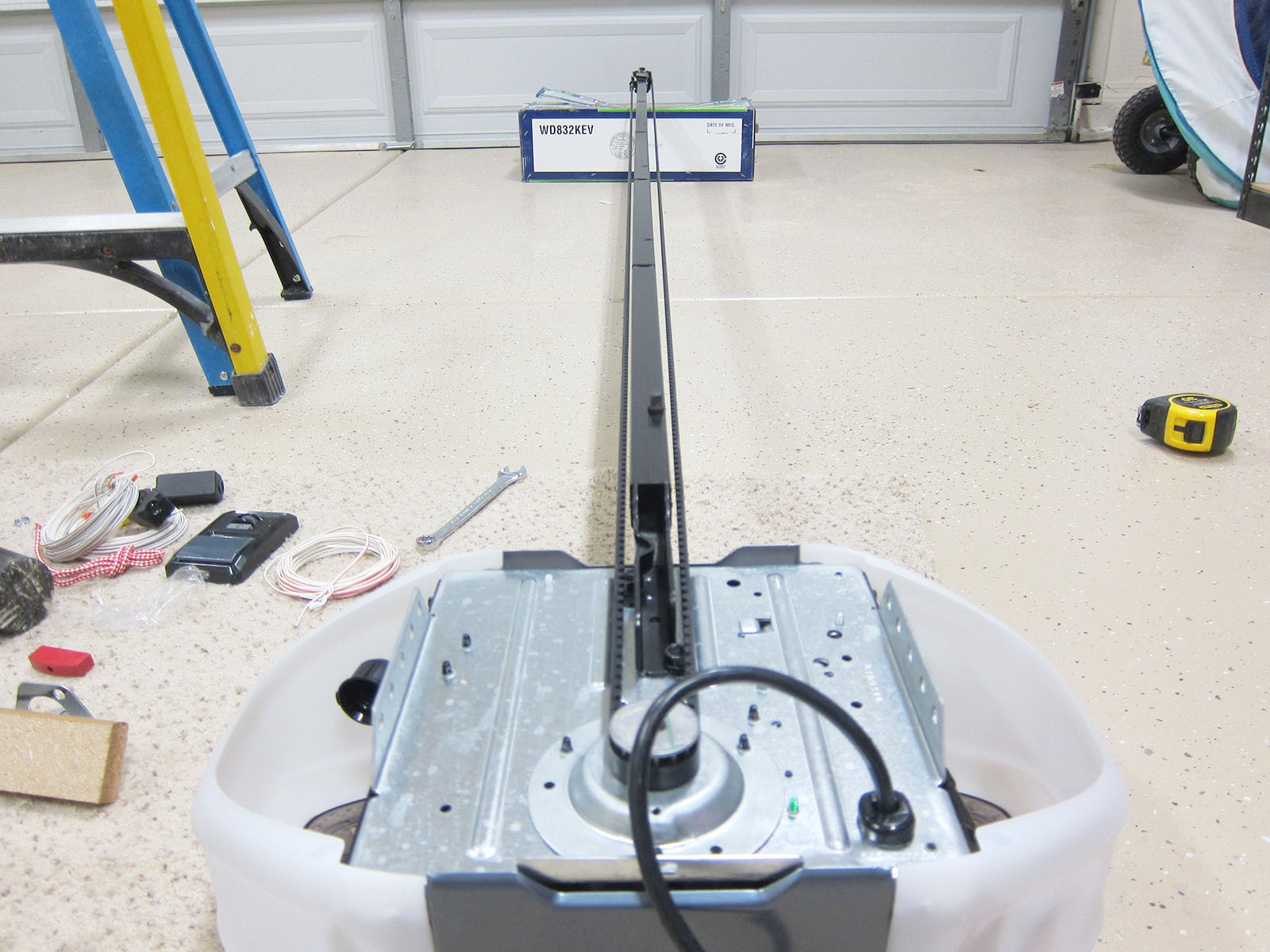
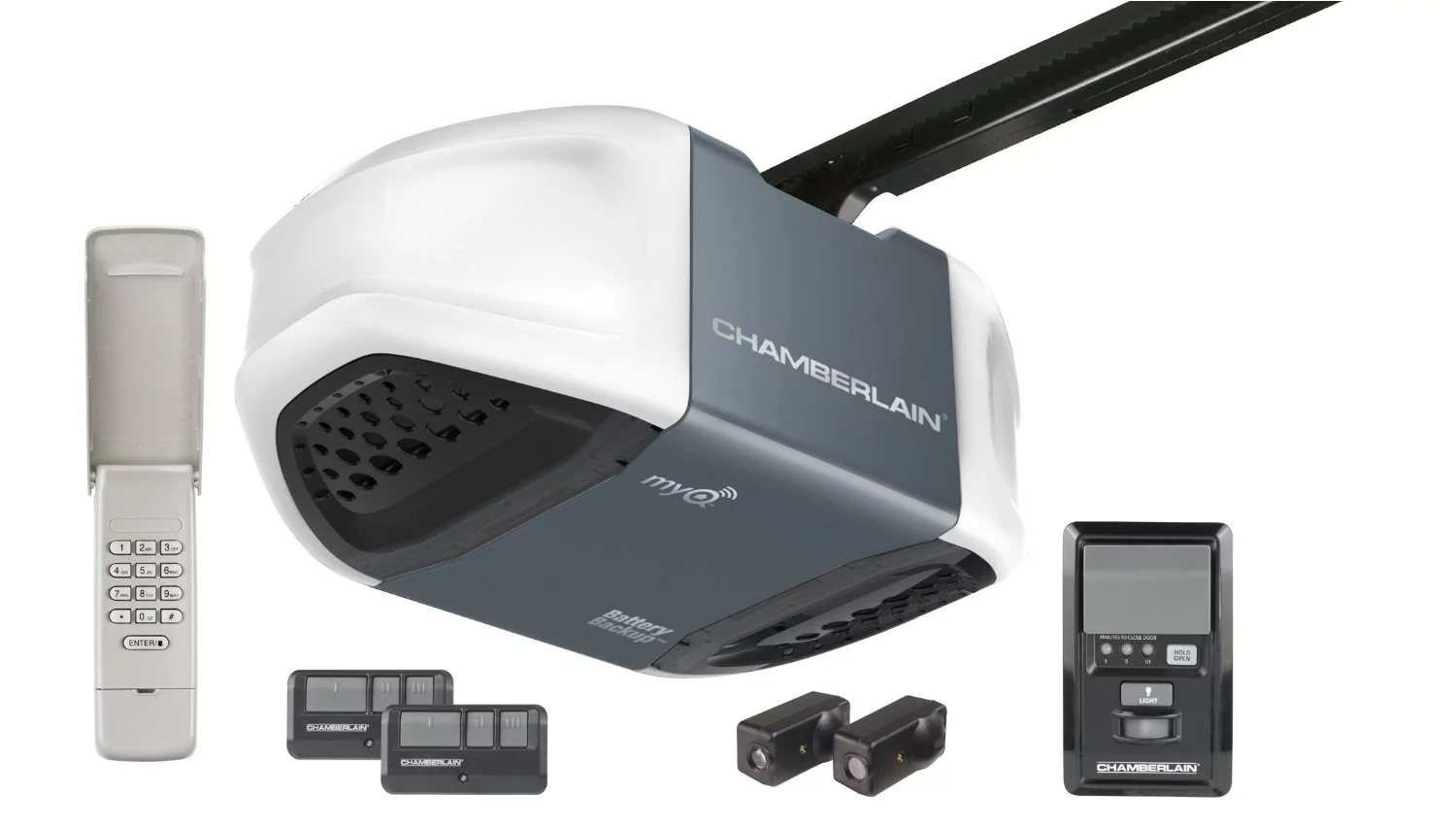
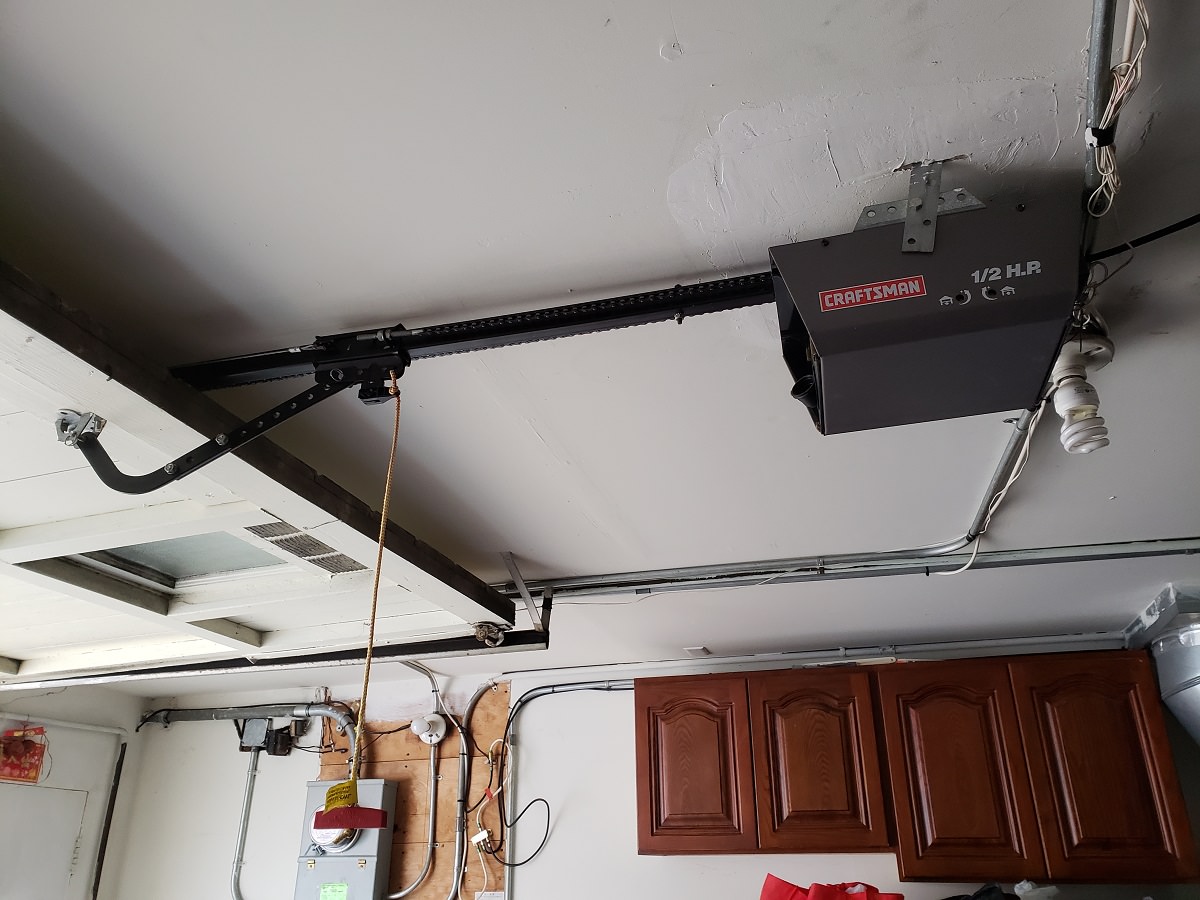
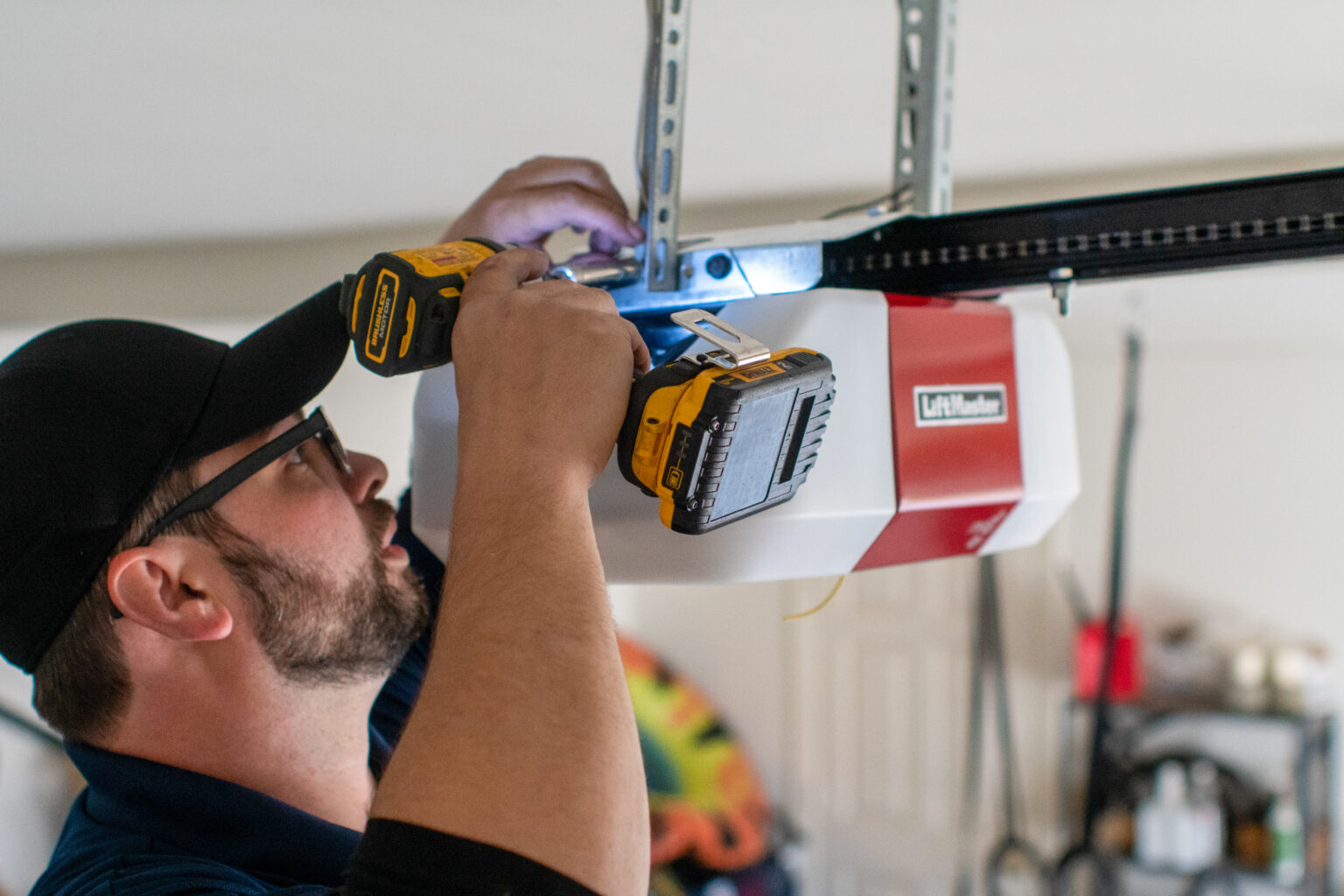
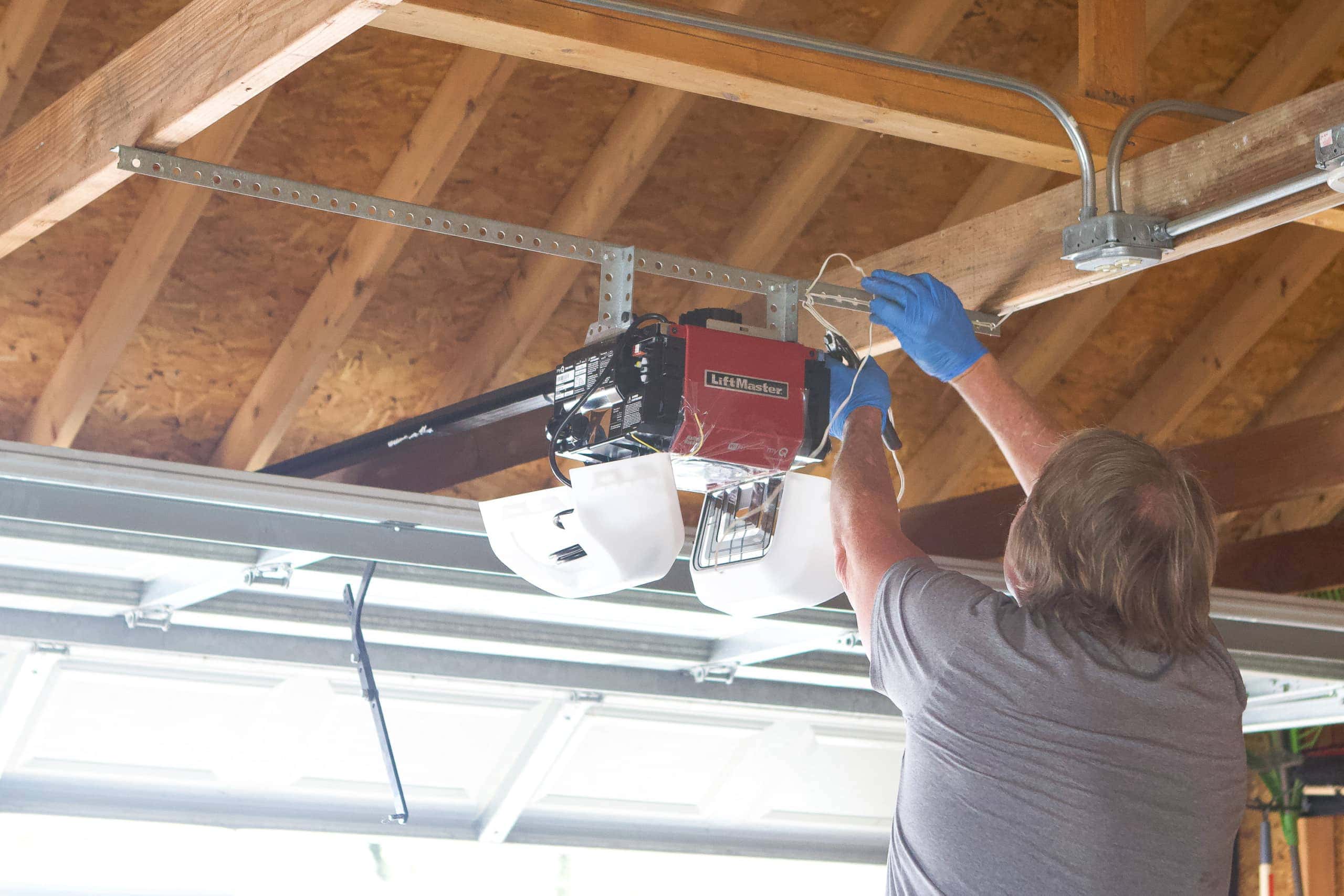
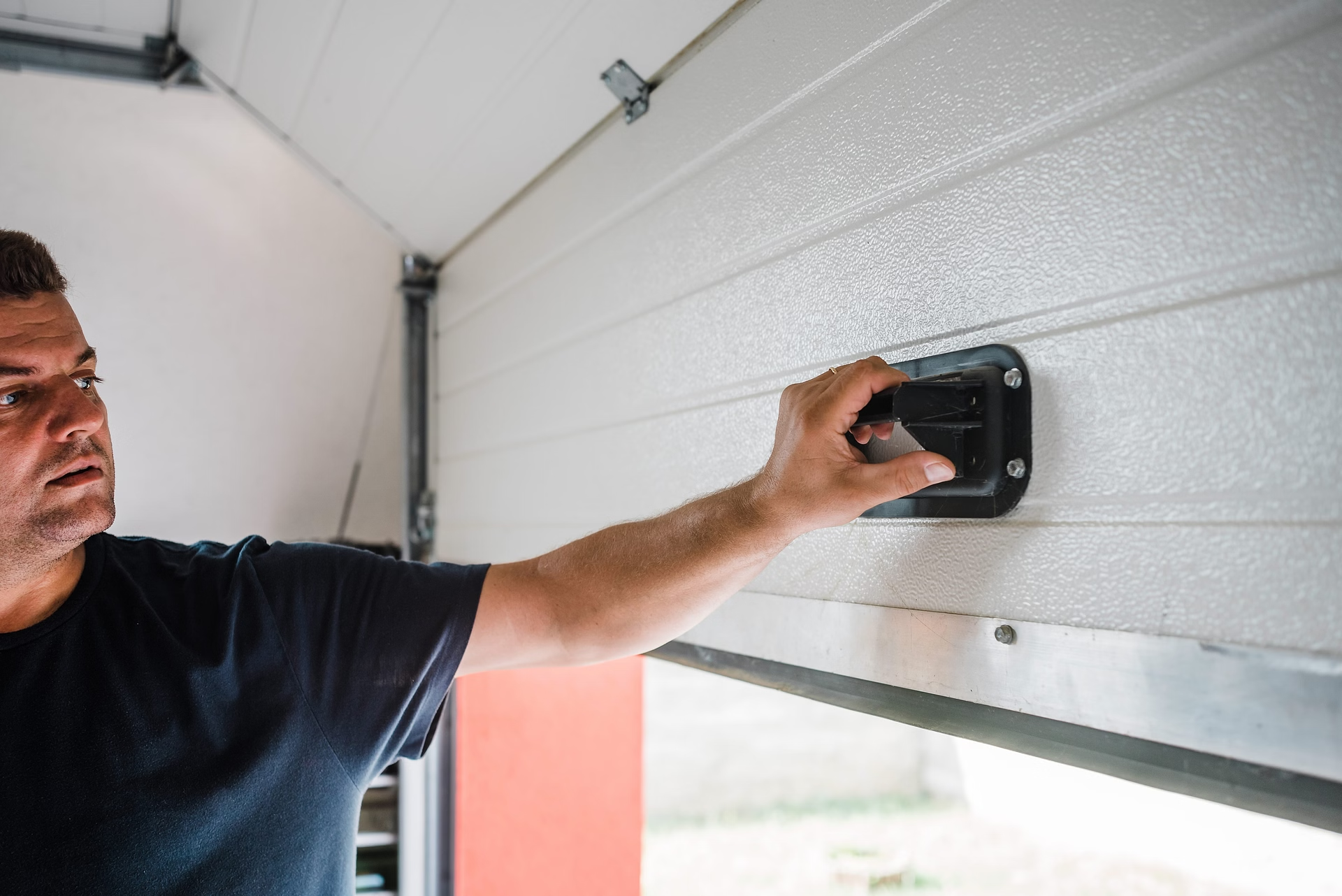

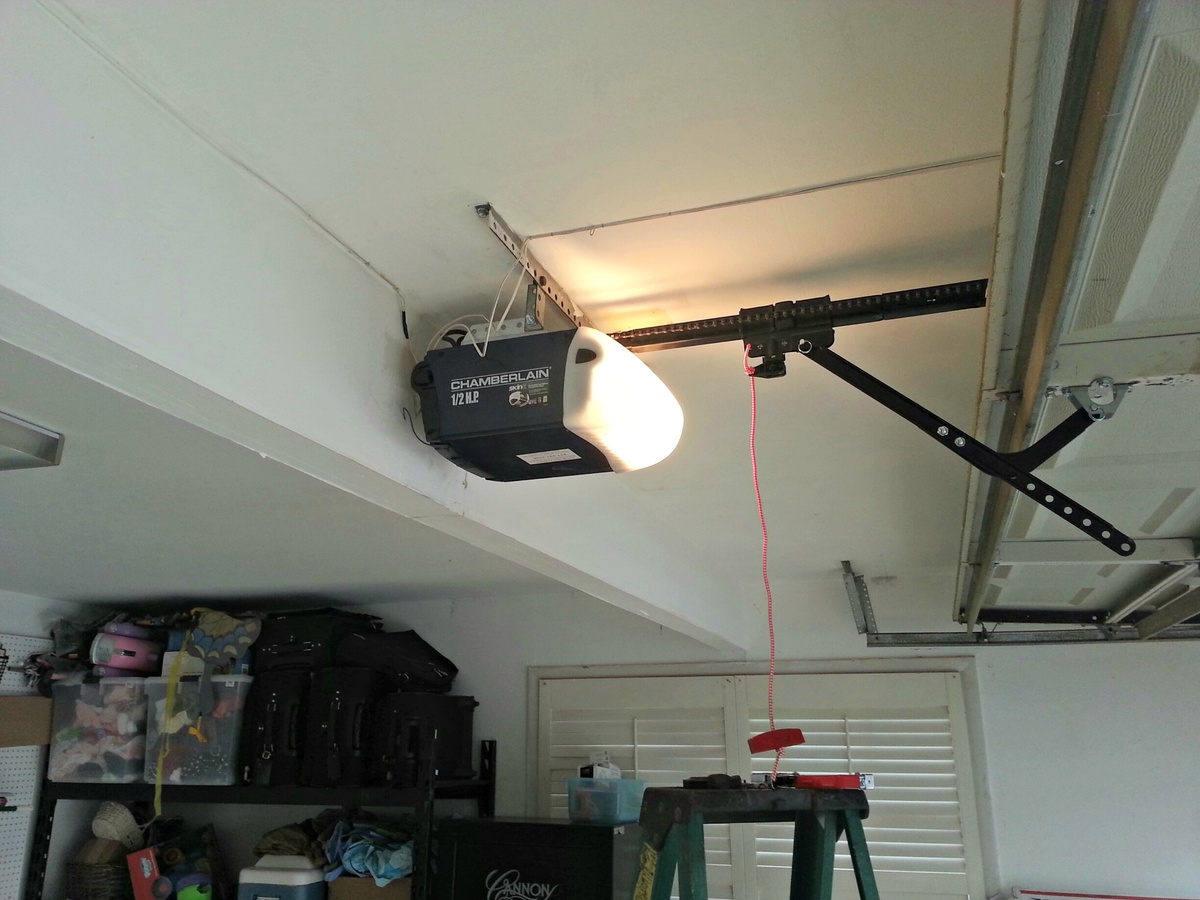
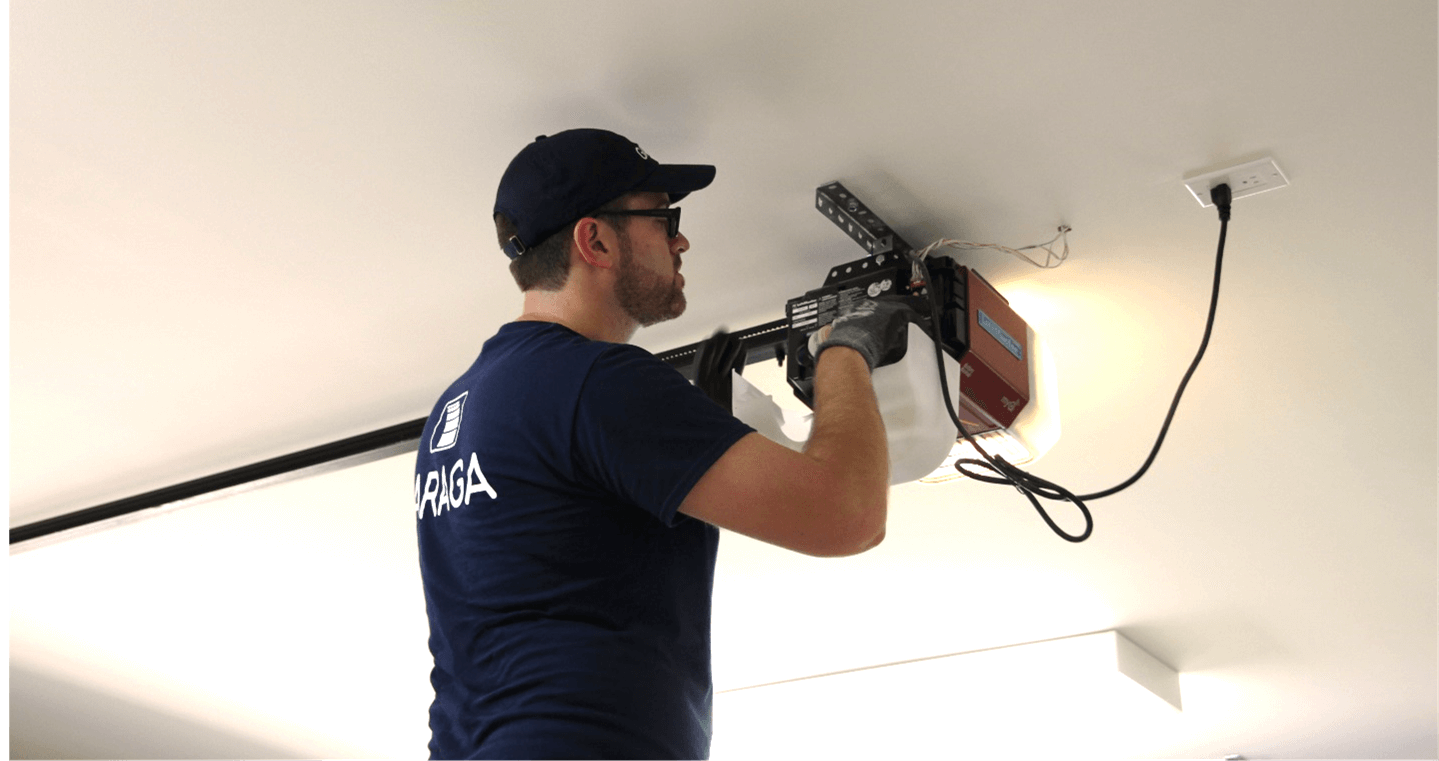


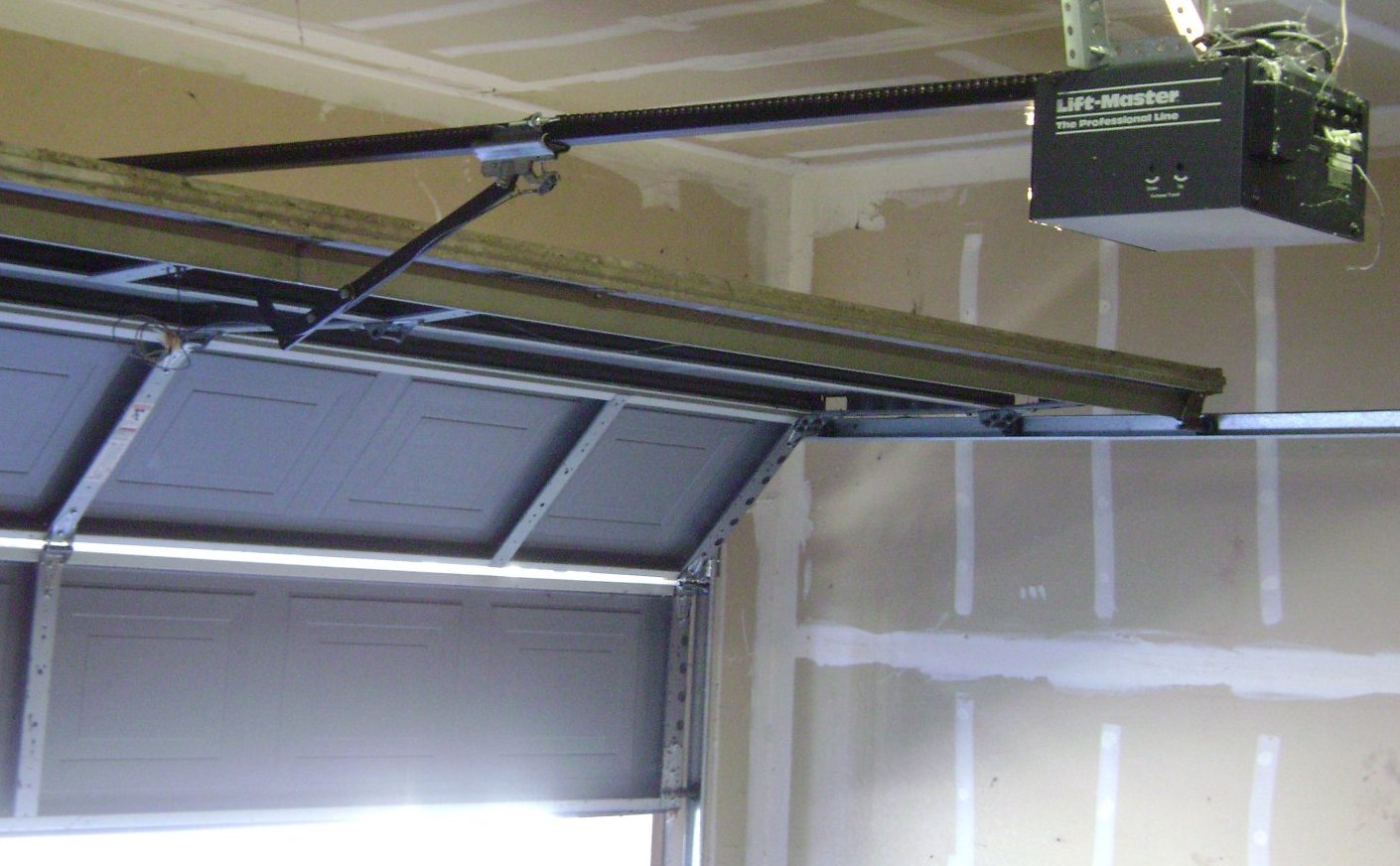
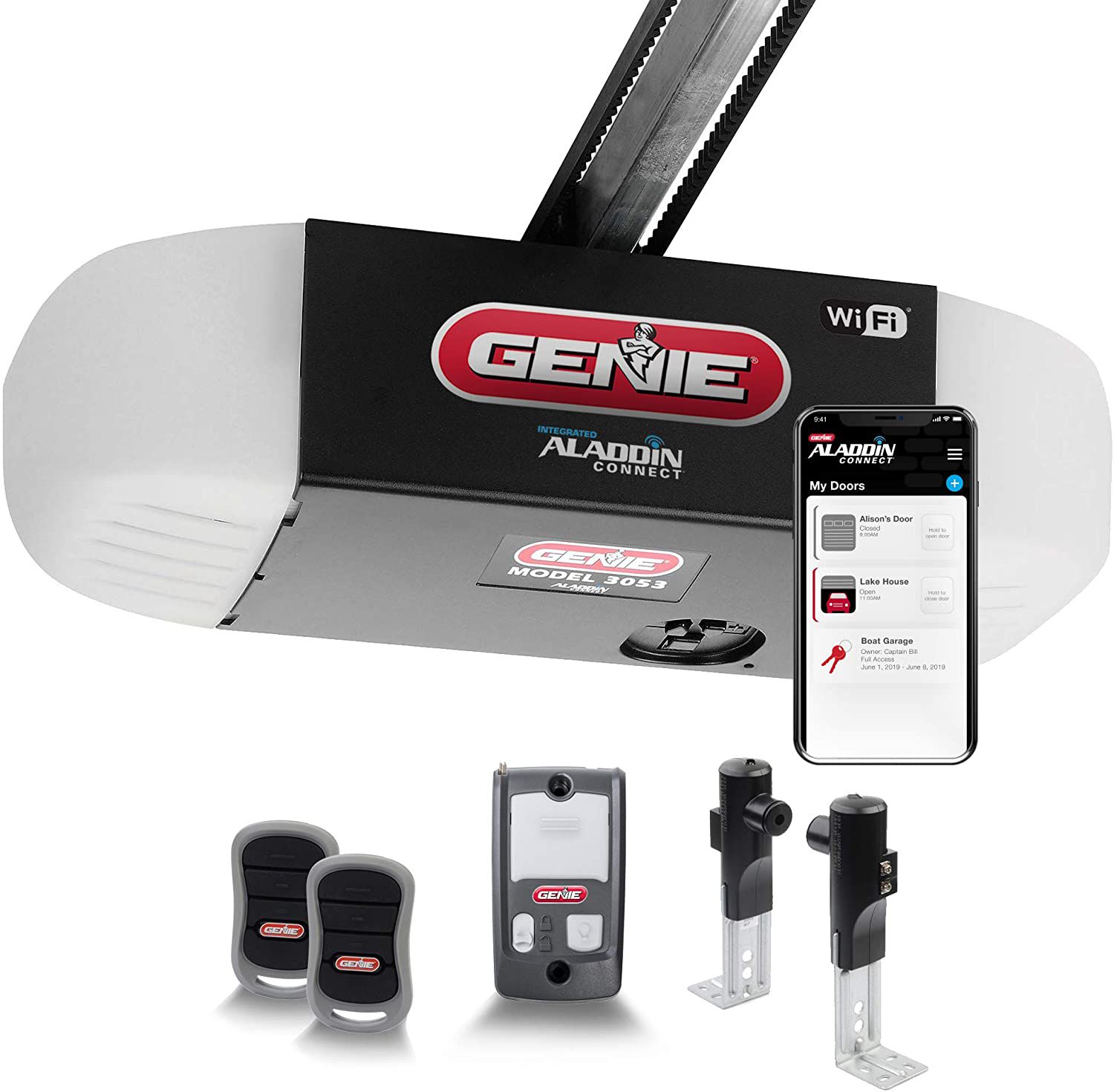

0 thoughts on “How Many Horsepower Garage Door Opener”